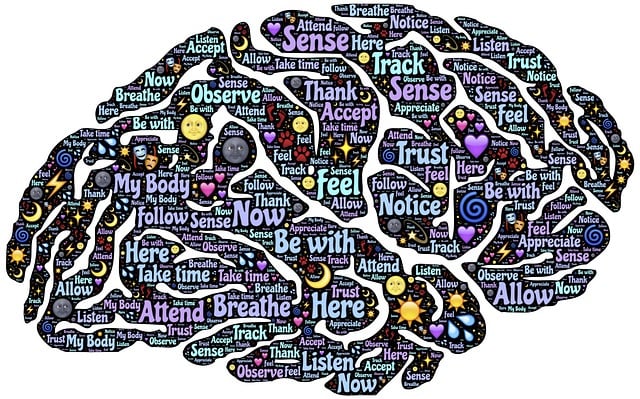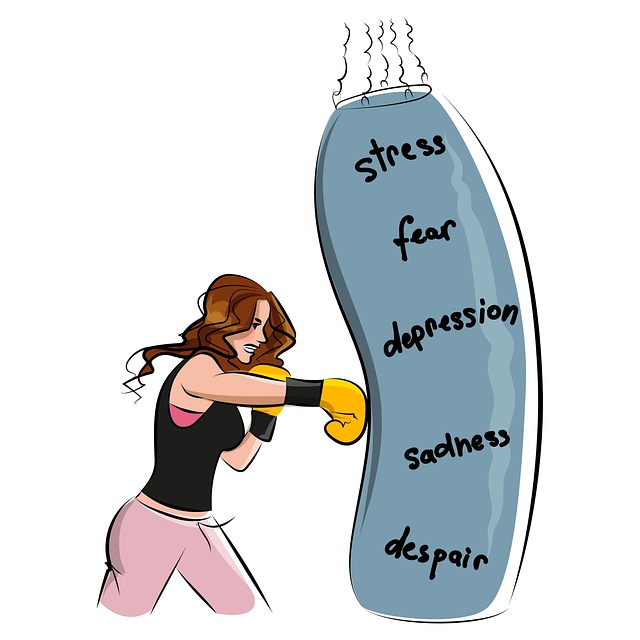Aurora Crisis Counseling Therapy provides comprehensive support for substance abuse prevention and treatment. They address physical and mental health issues, relationships, and overall well-being through evidence-based counseling, emotional well-being promotion techniques, and tailored coping mechanisms. By recognizing risk factors, early warning signs, and providing education, they empower individuals to make informed decisions and build resilience. Their holistic approach includes one-on-one sessions, group counseling, podcasts, and self-care practices, fostering personal growth and a fulfilling life free from substance abuse. Organizations like Aurora Crisis Counseling Therapy play a vital role in creating supportive communities that reduce risks and encourage early intervention.
Substance abuse poses significant risks, impacting individuals, families, and communities. Understanding the complex nature of this issue and its far-reaching consequences is crucial for effective prevention. This article explores comprehensive risk reduction strategies, from recognizing early warning signs to implementing evidence-based practices like Aurora Crisis Counseling Therapy. We delve into building supportive environments and fostering community awareness, offering valuable insights for mitigating substance abuse and promoting well-being.
- Understanding Substance Abuse and Its Impact
- Identifying Risk Factors and Early Warning Signs
- Role of Aurora Crisis Counseling Therapy in Prevention
- Strategies for Reducing Risky Behaviors
- Building a Supportive Environment and Community Awareness
Understanding Substance Abuse and Its Impact

Substance abuse is a complex issue that goes beyond occasional misuse. It’s a chronic condition impacting an individual’s physical and mental health, relationships, and overall well-being. The effects can be far-reaching, leading to various problems such as social isolation, legal troubles, financial strain, and even physical harm or death. Recognizing the signs and understanding the underlying causes are crucial steps in addressing this challenge. Many factors contribute to substance abuse, including genetic predisposition, environmental influences, trauma, and mental health conditions. Aurora Crisis Counseling Therapy plays a vital role in helping individuals navigate these complexities by offering specialized support and guidance.
Through effective counseling and therapy sessions, Aurora Crisis Counseling can facilitate the exploration of emotional triggers and promote healthy coping mechanisms. They employ evidence-based practices tailored to each client’s unique needs. By integrating Emotional Well-being Promotion Techniques, their therapists assist clients in developing resilience, enhancing self-esteem, and fostering positive relationships—all essential aspects for maintaining a substance-free life. Moreover, Aurora Crisis Counseling actively contributes to the community through Outreach Program Implementation and Mental Wellness Coaching Programs Development, aiming to create a supportive network that extends beyond individual therapy sessions.
Identifying Risk Factors and Early Warning Signs

Recognizing risk factors and early warning signs is a crucial step in preventing substance abuse. Aurora Crisis Counseling Therapy offers valuable resources for individuals and families to navigate this complex issue. By understanding common triggers, such as trauma, stress, or mental health disorders, one can proactively address potential problems. Early identification of red flags like sudden changes in behavior, increased isolation, or financial struggles enables timely intervention. These warning signs often indicate a deeper struggle that requires professional support.
Mental Health Education Programs Design and Crisis Intervention Guidance play a pivotal role in this process. Educating individuals about mental illness and reducing the stigma associated with seeking help can encourage early-stage support. Through targeted interventions, Aurora Crisis Counseling Therapy fosters resilience and equips people with coping strategies to mitigate risks effectively. Additionally, addressing underlying mental health concerns is essential, as it forms a robust foundation for long-term recovery.
Role of Aurora Crisis Counseling Therapy in Prevention

Aurora Crisis Counseling Therapy plays a pivotal role in substance abuse prevention by providing individuals with effective coping skills development and mental wellness support. Through one-on-one sessions, group counseling, or even remote Mental Wellness Podcast Series Production, this therapy helps people navigate and manage stressful situations without resorting to harmful substances. By integrating evidence-based stress reduction methods, Aurora Crisis Counseling Therapy empowers clients to develop healthier coping mechanisms, enhance their resilience, and promote overall mental wellness.
This therapeutic approach not only addresses the immediate crisis but also focuses on long-term prevention. By fostering a deeper understanding of underlying issues and triggers, Aurora Crisis Counseling Therapy equips individuals with the tools needed to make informed decisions regarding their mental health and well-being. Through continuous support and guidance, this therapy facilitates personal growth, helping clients lead fulfilling lives free from the burden of substance abuse.
Strategies for Reducing Risky Behaviors

Reducing risky behaviors is a key component of substance abuse prevention and treatment. Aurora Crisis Counseling Therapy offers valuable strategies to help individuals navigate this process effectively. One powerful tool is incorporating self-awareness exercises, which encourage individuals to understand their triggers and emotions, enabling them to make more conscious decisions about their actions. Regular practice of these exercises can foster healthier coping mechanisms, reducing the urge to engage in substance abuse as a means of stress relief or emotional regulation.
Additionally, coping skills development plays a pivotal role in risk reduction. Through therapy sessions, individuals learn valuable techniques to manage stress, anxiety, and difficult emotions without resorting to substances. This includes teaching relaxation strategies, problem-solving skills, and healthy ways to seek support from others. Combining self-care practices, such as regular exercise, adequate sleep, and a balanced diet, can further strengthen an individual’s resilience against substance abuse, creating a more robust foundation for long-term well-being.
Building a Supportive Environment and Community Awareness

Creating a supportive environment is a cornerstone in risk reduction strategies for substance abuse. This involves fostering a community that promotes open dialogue about mental wellness and encourages individuals to seek help without stigma. Organizations like Aurora Crisis Counseling Therapy play a vital role by offering Trauma Support Services tailored to address specific needs, thereby normalizing the conversation around mental health. By integrating these services into the fabric of the community, individuals feel empowered to take proactive steps towards stress management, recognizing that their well-being is a shared responsibility.
Community awareness campaigns are instrumental in this process. Educating residents about the resources available, such as Stress Management Workshops Organization, helps break down barriers and encourages early intervention. Through these initiatives, the community becomes more attuned to the signs of substance abuse, fostering an atmosphere where individuals feel comfortable reaching out for assistance. This collective effort not only reduces risks but also paves the way for a healthier, more resilient community.
In addressing substance abuse, a multifaceted approach is essential. By understanding the impact of this issue and identifying risk factors through early warning signs, communities can effectively utilize resources like Aurora Crisis Counseling Therapy for prevention. Implementing strategies to reduce risky behaviors, alongside building supportive environments and raising community awareness, creates a network of support that fosters well-being and reduces substance abuse. These holistic methods work together to create lasting change, ensuring individuals have the tools needed to make healthier choices and lead fulfilling lives.














